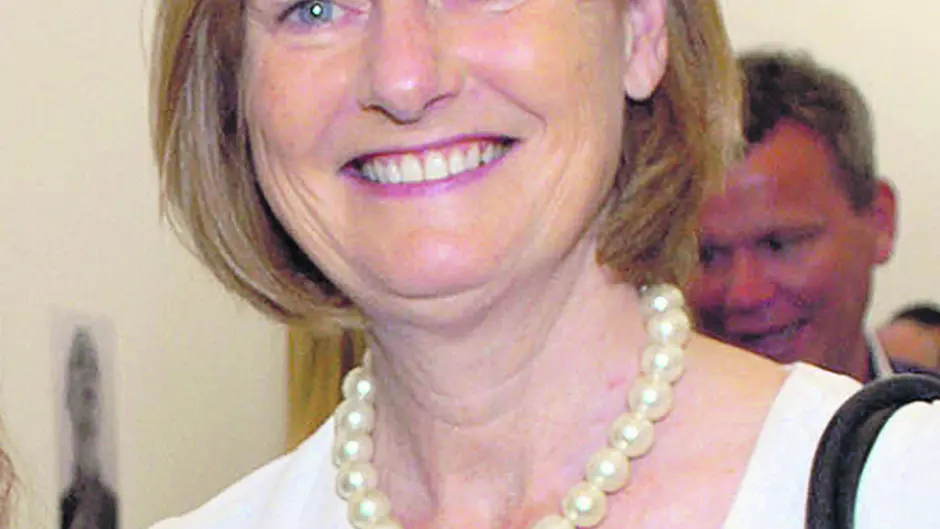Ireland South MEP and member of the EU Transport committee, Deirdre Clune, has said she is extremely concerned at figures from An Garda Síochána that show that Cork has one of the worst records in the country when it comes to drink driving related fatalities.
IRELAND South MEP and member of the EU Transport committee, Deirdre Clune, has said she is extremely concerned at figures from An Garda Síochána that show that Cork has one of the worst records in the country when it comes to drink driving related fatalities.
The Ireland South MEP has said that almost a fifth of all road deaths this year happened in Cork and it is time that serious consideration was given to using alcohol ‘interlocks’ in the cars of repeat offenders.
Alcohol interlocks are automatic control systems which are designed to prevent driving with excess alcohol by requiring the driver to blow into an in-car breathalyser before starting the ignition. The alcohol interlock can be set at different levels and limits, but not by the driver.
The Ireland South MEP said that studies show that alcohol interlocks deter drink drivers from re-offending,
‘Research by the European Commission has shown that the use of alcohol interlocks is a more effective way to stop drunk drivers from re-offending than traditional measures such as licence withdrawal or fines. Similarly, a Finnish report published in 2013, and based on four years of data, showed a recidivism rate of 6% when interlocks were used, compared to the usual 30% rate in Finland.
‘Any expense that comes with fitting an alcohol interlock should be met by the convicted drink driver. Maybe a judge could look at a more lenient fine or driving ban if the convicted person offered an interlock option.’
The Government’s Road Safety Strategy 2013-2020 requires Ireland to undertake a cost benefit analysis for the use of alcohol interlocks as a sanction for repeat offenders. The Road Safety Authority is currently examining this option and has reviewed the relevant available literature. A cost benefit analysis is in progress.
Ms Clune said that 88 people have lost their lives on our roads so far this year. That is 11 more than in 2015. July and August are the most dangerous months on our roads, according to gardaí, and the months where drink driving offences are most likely to be carried out. ‘We have also seen a 50% rise in deaths at weekends, again a time traditionally associated with drink driving,’ she said.








